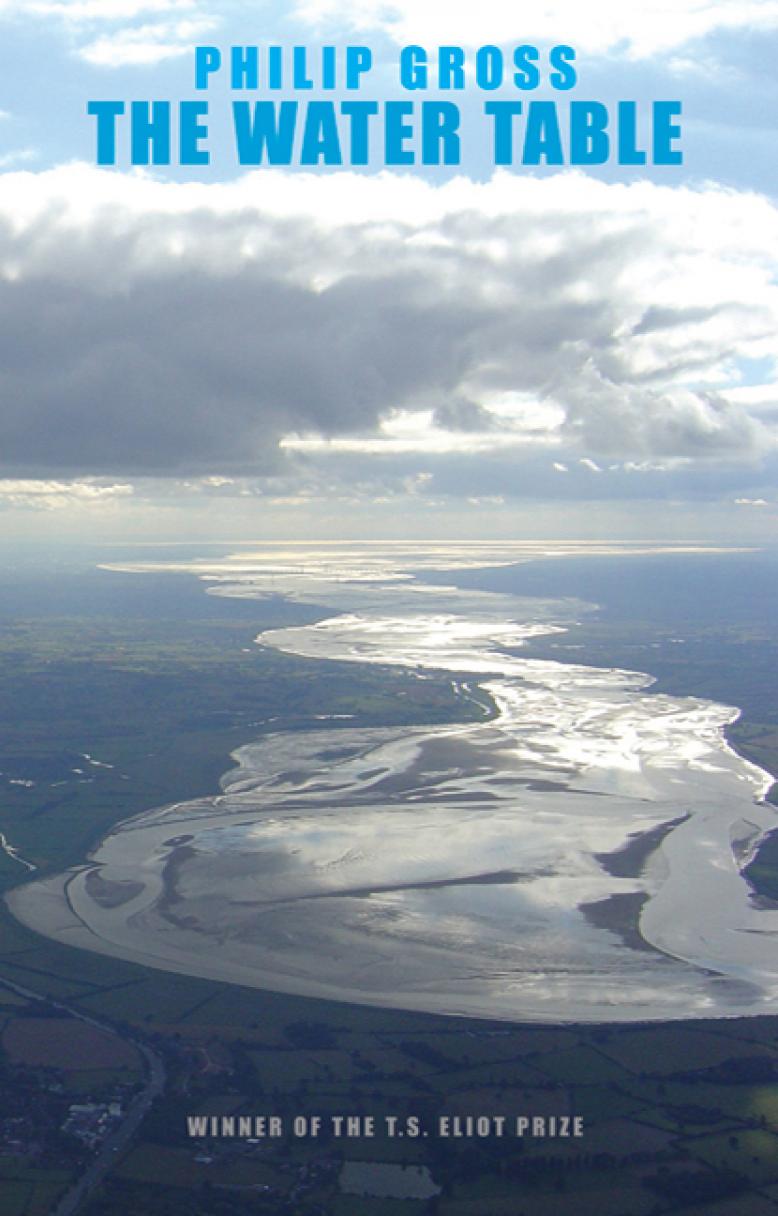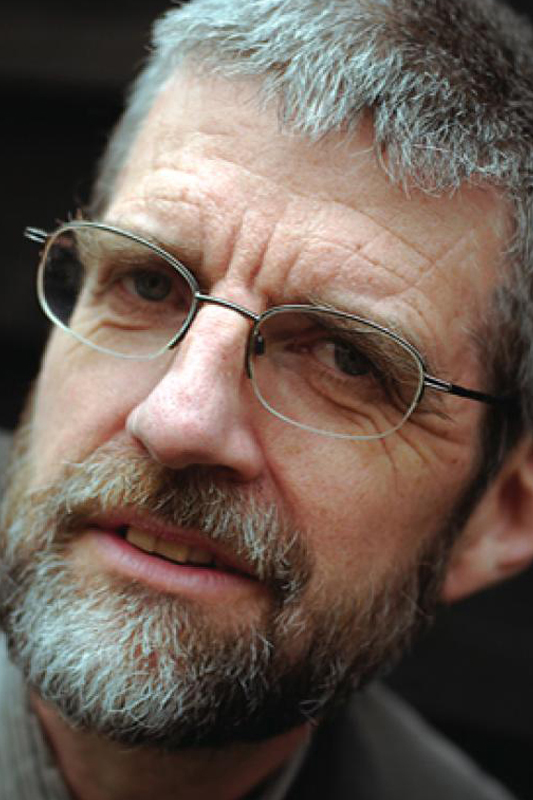In 2023 the T. S. Eliot Prize celebrated its 30th anniversary. We marked the occasion by looking back at the collections which have won ‘the Prize poets most want to win’ (Sir Andrew Motion).


Philip Gross won the T. S. Eliot Prize 2009 for The Water Table (Bloodaxe Books), chosen by judges Simon Armitage (Chair), Colette Bryce and Penelope Shuttle. Armitage described it as ‘a mature and determined book, dream-like in places, but dealing ultimately with real questions of human existence’.
We asked Philip to reflect on his experience of winning the Prize. He wrote:
The best thing that the T. S. Eliot Prize experience did for me was… it surprised me. Utterly. The Water Table had come into the world without particular notice in the places I might have hoped for. I’d been philosophical. Would I trust the way the poetry was leading me, even in the face of scant encouragement? Yes, it seemed that I would. Then the TSE surprise came as an affirmation of that.
And equally, somehow, it also seemed to free me, not to bind me in the way success can sometimes do. It came with no expectation that I had to try to do the same again. My following book, Deep Field, was outwardly quite different – only I might see the underground streams that link them – but it had the courage to be itself, and so have quite a few more books since then. I thank the Eliot Prize for that, and hope it will never lose that quality of unpredictability – not a routine landmark for the usual suspects, but sometimes a flash of bright attention that lights up a collection’s true quality, maybe even in a way that takes the author by surprise.
Philip Gross was born in Cornwall, the son of an Estonian wartime refugee. He has lived in Plymouth, Bristol and South Wales, where he was Professor of Creative Writing at Glamorgan University (USW). His twenty-seventh collection, The Thirteenth Angel (Bloodaxe Books), was a Poetry Book Society Recommendation and was shortlisted for the T. S. Eliot Prize 2022. Philip regularly collaborates with other artists, photographers and writers; he also writes poetry for young people – The All-Nite Café won the Signal Award 1994, and Off Road to Everywhere won the CLPE Award 2011. He received a Cholmondeley Award in 2017. (Philip Gross photo by Stephen Morris.)
ABOUT THE T. S. ELIOT PRIZE
The T. S. Eliot Prize celebrated its 30th anniversary in 2023. Awarded annually to the best new poetry collection published in the UK and Ireland, the Prize was founded by the Poetry Book Society in 1993 to celebrate the PBS’s 40th birthday and to honour its founding poet. The T. S. Eliot Estate has provided the prize money since the Prize’s inception in 1993, and the T. S. Eliot Foundation took over the running of the Prize following the acquisition of the PBS by InPress Books in 2016. For more on the history of the Prize, visit tseliot.com/prize
